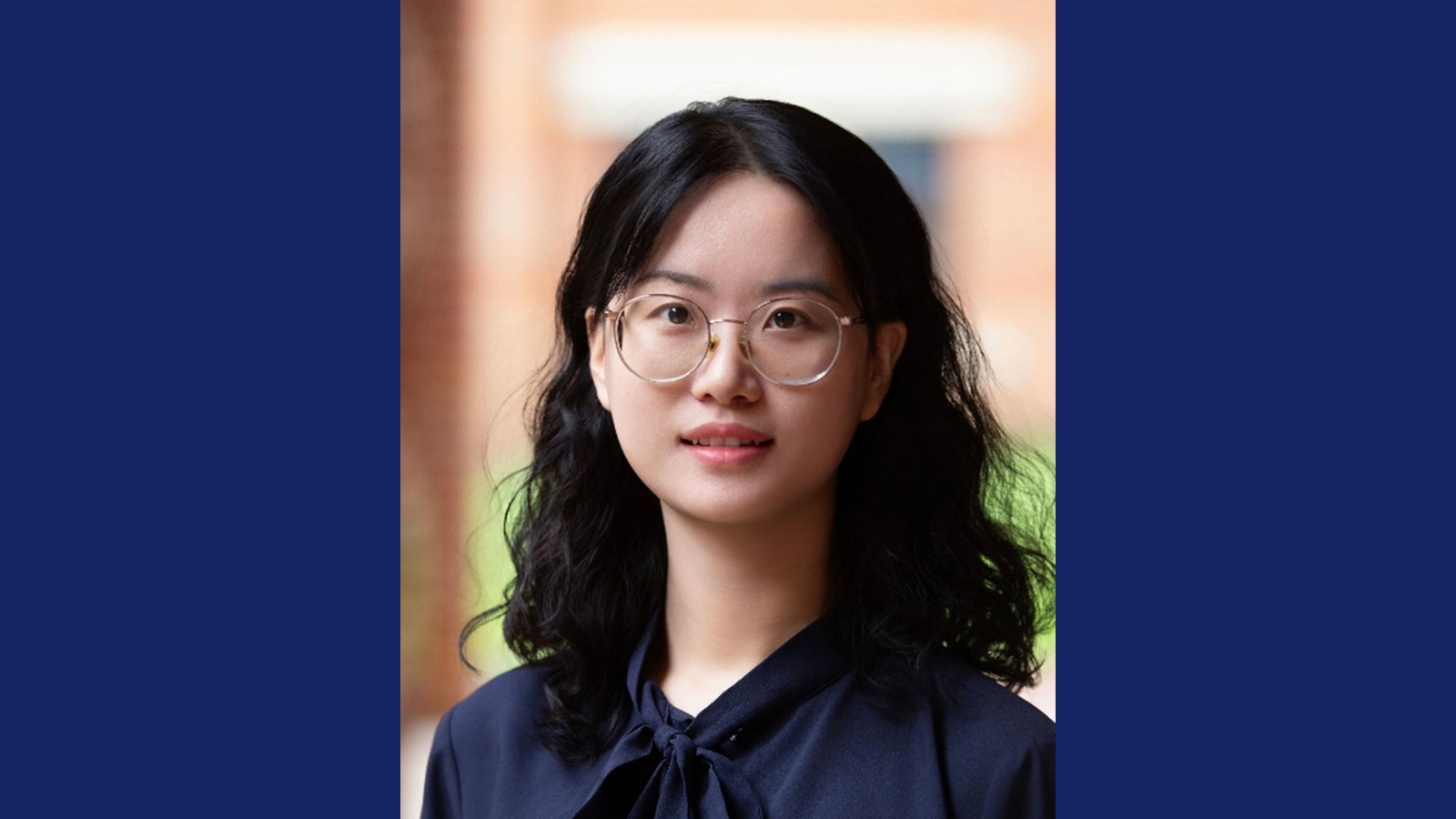Yingying Fan, Ph.D., is forging a unique path at the intersection of electrical engineering and biomedical innovation. Currently a postdoctoral researcher at Rice University’s School of Engineering and Computing, where she earned her Ph.D. in December 2024, Fan will soon begin a new role as an assistant professor at Washington University in St. Louis, bringing with her a passion for integrated circuits, a commitment to student mentorship and a deep appreciation for the support she received through Rice’s Future Faculty Fellows (FFF) program.
Fan’s research focuses on developing advanced hardware systems that interface with biological signals—tools with the potential to help doctors monitor, diagnose and treat neurological conditions. “My childhood dream was to become a doctor,” she explains, “but I found my strengths in math and physics, which led me to electrical engineering. Through engineering, I can still help patients—by building the tools that physicians need.”
Her groundbreaking work spans both neural recording and minimally invasive neural stimulation—two complementary technologies at the core of next-generation brain–computer interfaces and neurological therapies. On the recording side, Fan has developed ultra-high-channel-count neural interfaces capable of capturing brain activity across thousands of channels simultaneously, a leap forward from traditional systems. These systems, which she has tested in mice, enable deeper insights into how different brain regions respond to stimuli, laying the foundation for future brain-machine interfaces.
Washington University in St. Louis, with its strong medical and engineering programs, offered the ideal environment for Fan’s research to flourish. “It’s a place where collaboration between physicians and engineers happens naturally,” she says. “And the campus reminds me of Rice—it’s beautiful and deeply interdisciplinary.”
Fan’s transition from graduate student to faculty member was aided by the Future Faculty Fellows program. “The FFF program was extremely helpful,” she says. “It gave me a clear picture of the hiring process, how to prepare and what to expect. The fellows, advisors and mentors were incredibly supportive.”
The Future Faculty Fellows (FFF) program in Rice’s George R. Brown School of Engineering and Computing is designed to help Ph.D. students and postdocs explore the tenure track academic career path, compete successfully for tenure track faculty positions and launch their careers. The program offers workshops, panel discussions, networking events and other support tailored to academic career pathways.
The program also helped her navigate job negotiations, an often overlooked but critical step in the academic hiring process. Through FFF workshops, Fan gained insights into startup packages, lab space and teaching expectations. “I felt well-prepared, even for the unexpected parts,” she adds.
Fan’s commitment to education extends beyond the lab. As she prepares to teach her first class next semester, she brings with her a student-centered philosophy shaped by her own experiences. “It’s important to give students enough attention and to tailor courses to their diverse backgrounds and goals,” she says. “Whether they’re aiming for industry or research, I want to help them find their path.”
She also reflects fondly on the mentorship she provided during her Ph.D., particularly to undergraduate and international students. “Seeing them go on to graduate studies and succeed is very exciting for me.”
Fan’s journey wasn’t without challenges. Starting her Ph.D. during the COVID-19 pandemic, she faced lab closures and supply chain delays. But she responded with ingenuity, developing a novel method using infrared cameras and nanoparticle-infused membranes to measure temperature changes—an approach born of necessity and creative problem-solving. The idea was inspired by a collaborator in chemical engineering and another in nanofabrication, showcasing the power of interdisciplinary teamwork.
Outside the lab, Fan finds joy and inspiration in baking and cooking, which she compares to research: “You start with a recipe, like a standard method, but the best results often come from your own tweaks and innovations—your own ‘secret sauce.’”
As she begins this new chapter, Fan is quick to credit the people who helped her along the way. “I’m incredibly grateful to the Future Faculty Fellows program and to my advisor, assistant professor Taiyun Chi. Their encouragement made this possible.”
With a dedication to teaching, a passion for cutting-edge research and a spirit of collaboration, Yingying Fan is poised to make a lasting impact—both in the classroom and in the lab.
Are you interested in the Future Faculty Fellows program? Learn more here.

